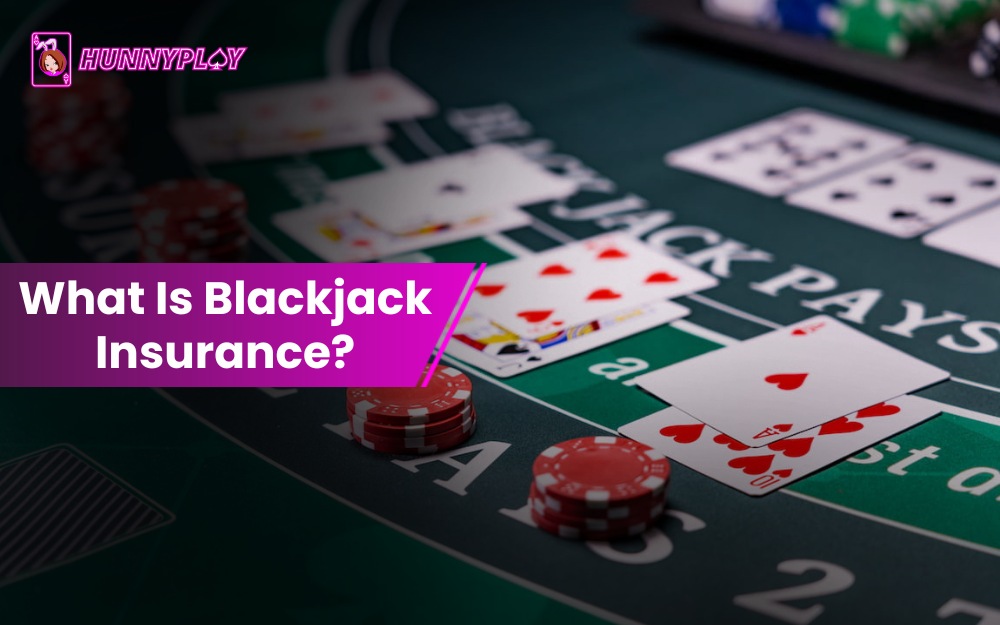Blackjack is a popular casino game known for its blend of strategy and luck. One of the most debated aspects of the game is the “insurance” bet. This side bet can protect your main bet but often raises questions about its true value. In this guide, we’ll explore what blackjack insurance is, when it might be a good idea to take it, and some common myths and misconceptions surrounding it.
What is Blackjack Insurance?
Blackjack insurance is a side bet that a player can make when the dealer’s upcard is an Ace. This bet is essentially a wager on whether the dealer has a natural blackjack, which is a two-card hand totaling 21 (an Ace plus a ten-value card).
If the dealer does indeed have blackjack, the insurance bet pays out at 2:1 odds. However, if the dealer does not have blackjack, the player loses the insurance bet.
Here’s a breakdown of how it works:
- Dealer shows an Ace: When the dealer’s upcard is an Ace, players are offered the option to take insurance.
- Placing the Bet: Insurance can be up to half of the player’s original bet.
- Outcome:
- If the dealer has a blackjack, the insurance bet pays 2:1, meaning the player breaks even on their total bets (loses the main bet but wins the insurance).
- If the dealer does not have a blackjack, the player loses the insurance bet and continues with their original bet.
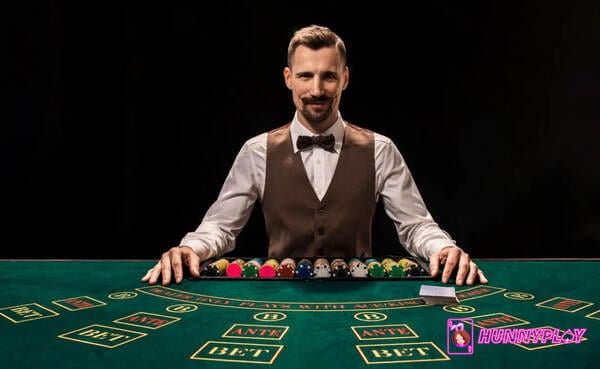
The Odds and Probability of Blackjack Insurance
Understanding the odds and probabilities associated with blackjack insurance is crucial for making informed decisions.
Dealer’s Odds of Having a Blackjack
When the dealer’s upcard is an Ace, the probability of the dealer having blackjack depends on the number of ten-value cards remaining in the deck. In a standard single-deck game, there are 16 ten-value cards (10s, Jacks, Queens, Kings) out of 52. Therefore, the probability is approximately:
- Probability = 16/51 ≈31.37%
Insurance Bet Payout
The insurance bet pays 2:1. However, considering the probability of the dealer having blackjack, the expected value of the insurance bet is:
- Expected Value = (2×31.37%) − (68.63%) ≈ −5.76%
This negative expected value indicates that, over time, players will lose money on insurance bets, making it an unwise choice for most players.
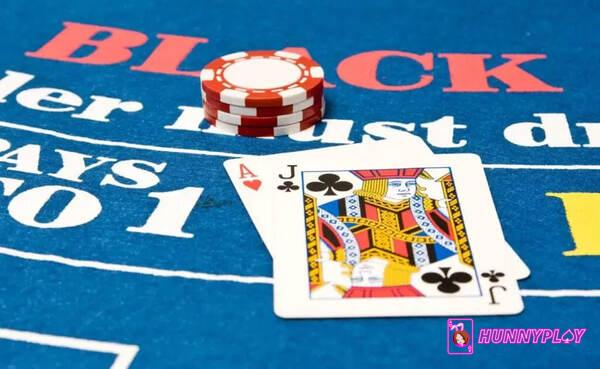
When (and When Not) to Take Insurance
General Advice
For most players, taking blackjack insurance is not advisable due to the unfavorable odds. While it might seem like a protective measure, the house edge on insurance bets is significantly higher than on the main game.
In blackjack, insurance is offered when the dealer’s upcard is an Ace, allowing players to place a side bet that pays 2:1 if the dealer has a natural blackjack. However, statistics show that the dealer will have a blackjack only about 30% of the time, making the insurance bet a poor long-term strategy.
Players are more likely to lose money over time by taking insurance, as the potential gains from winning an insurance bet do not offset the consistent losses incurred from losing it. Understanding this aspect of the game can help you make more informed decisions and improve your overall blackjack strategy.
Card Counting and Insurance
The exception to the general rule against insurance comes into play with card counting. Card counters track the ratio of high cards (10s and Aces) to low cards remaining in the deck. If the deck is rich in high cards, the probability of the dealer having blackjack increases, potentially making the insurance bet more favorable.
Card counters use the count to determine when the insurance bet offers a positive expected value. For non-counters, however, insurance remains a poor bet.
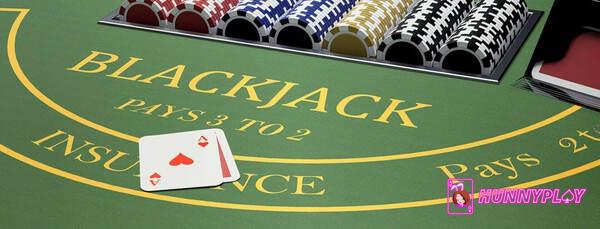
Blackjack Insurance Myths and Misconceptions
Several myths and misconceptions surround the insurance bet in blackjack. Let’s debunk some of the most common ones:
Myth: Insurance is a Good Way to Protect Your Hand
Many players believe that insurance protects their main bet. However, insurance is a separate bet entirely. Winning the insurance bet only covers the loss of the main bet if the dealer has blackjack, but losing the insurance bet adds to your overall losses.
Myth: Skilled Players Always Take Insurance
Skilled players, especially those who count cards, may take insurance in specific situations. However, for the average player, taking insurance is generally a losing proposition.
Myth: Insurance Is a Free Bet
Some players think of insurance as a “free” bet that doesn’t affect their overall strategy. In reality, taking insurance in blackjack increases the house edge and should be avoided unless the player has a strong reason (like card counting) to believe it offers value.
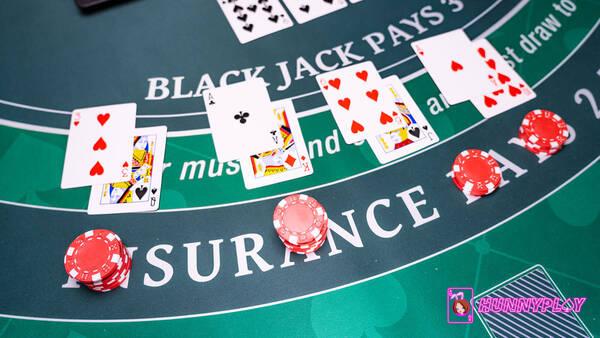
Alternatives to Blackjack Insurance
Instead of taking insurance blackjack, players can adopt other strategies to manage their risk and improve their odds:
Basic Strategy
Following basic blackjack strategy reduces the house edge and helps players make mathematically sound decisions. Basic strategy charts are available for different variations of the game and can guide players on when to hit, stand, double down, or split.
Avoiding Side Bets
Apart from insurance, blackjack offers various side bets, such as Perfect Pairs and 21+3. These bets generally come with higher house edges than the main game, and while they can be tempting, avoiding them will likely improve your overall outcomes.
Bankroll Management
Proper bankroll management is crucial for any casino game. Setting limits on losses, knowing when to walk away, and not chasing losses can help players enjoy the game responsibly and avoid significant losses.
Progressive Betting Systems
Some players use progressive betting systems, such as the Martingale or Paroli systems, to manage their bets. While these systems can be fun to experiment with, they do not alter the house edge and should be used with caution.
Conclusion
Blackjack insurance is a side bet that can be confusing and often misunderstood. While it might seem like a good way to protect your hand, the odds and probabilities generally make it a losing proposition for most players. Understanding what is insurance blackjack, especially with card counting, can help you make better decisions at the blackjack table.




















